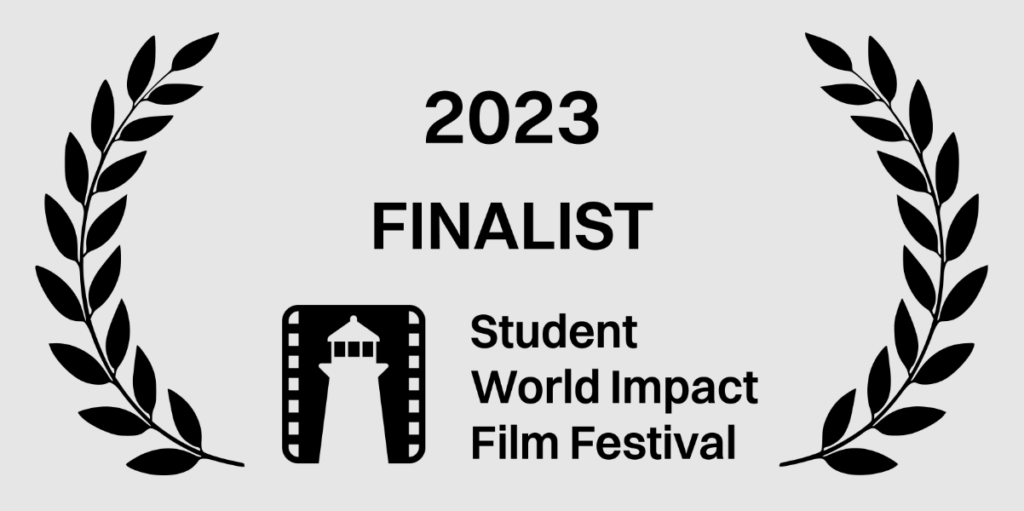Post
Published on June 27, 2023

The Planetary Health Film Lab (PHFL) was nominated, and won, a Finalist Award (2nd place) for a documentary titled, "Planetary Health Film Lab – Ecuador Edition" at the Student World Impact Film Festival (SWIFF). SWIFF is an international film festival that received over 13,000 entries from 120 countries. The film comprised of a compilation of content from Ecuador and won in the Best Documentary Film category.
The 2022 edition of the Planetary Health Film Lab offered 16 Indigenous youth from Ecuador with a story to tell about climate change and health to tell it through film. Their films were produced in the Indigenous languages of Kichwa and Shúar.
Festival Director Mark Leschinsky shared some the judges comments on the film:
- "A triumph of visual storytelling, guided by the director's visionary approach and creative vision."
- "The visual composition is exquisite, with each frame thoughtfully crafted to create a visually captivating experience."
- "A beautifully crafted film that pays homage to the art of storytelling, leaving viewers inspired and uplifted."
Dahdaleh research fellow Mark Terry is the co-lead of the Planetary Health Film Lab. He commented: "I am very proud of our Planetary Health Film Lab participants for this recognition. Many of our young participants had never held a camera before yet their storytelling skills came shining through this new technology for them. I am pleased the jury was inspired by their films."
Look out for more exciting new films from the PHFL Workshop taking place in Belize at the end of summer!
Themes | Planetary Health |
Status | Active |
Related Work | |
Updates |
N/A
|
People |
You may also be interested in...
Upcoming Webinar Series on Climate Change and Global Occupational Health and Safety
The Dahdaleh Institute for Global Health Research, Global Labour Research Centre, and ReSTORE (University of Toronto) are proud to cosponsor CIFAL York's new Climate Change and Global Occupational Health and Safety speaker series. Climate change ...Read more about this Post
Recap – Amplifying Indigenous Voices and Promoting Wellbeing Through Virtual Learning Across Canada
In the third and final installment of the Climate Change and Mental Health ‘Listening to the Canadian North’, the Wellness Impact Lab welcomed Dahdaleh community fellow Jennifer Corriero and her colleagues Waukomaun Pawis, Elder Eileen ...Read more about this Post
Dahdaleh Institute Researchers Awarded Over $1.4M from New Frontiers in Research Fund
Originally published by Yfile (4 May 2023). Written by Corey Allen, senior manager, research communications Seven projects led by York University researchers were awarded a combined $2.4 million from the New Frontiers in Research Fund (NFRF) in ...Read more about this Post
